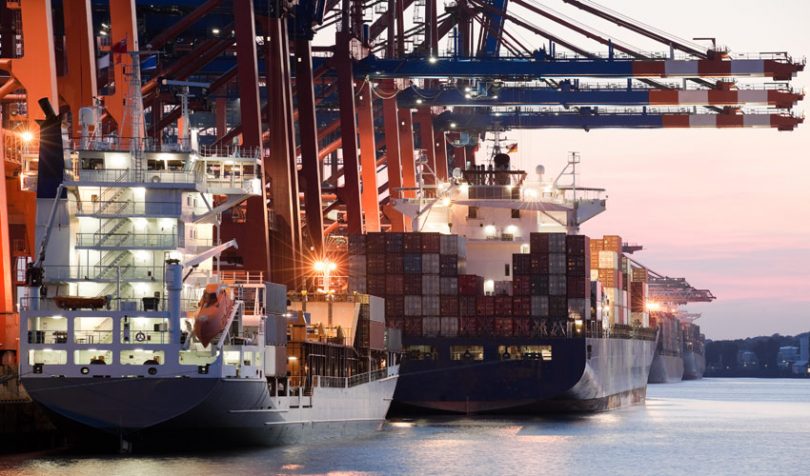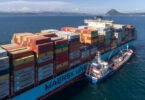Last week Saudi Customs announced it had integrated its EDI system FASAH with IBM and Maersk’s TradeLens blockchain platform. FASAH aims to enable data exchange between the Saudi Customs department and importers and exporters. In August TradeLens, the platform for digitizing the global supply chain went live. Like many blockchain projects initially, the platform had limited early access but became commercially available in early December.
Saudi Customs envisages TradeLens helping to address multiple challenges. Firstly, the existing technology lacks scalability, completeness and maturity according to the Saudi Customs press release. Secondly, there’s the business challenge of getting ecosystem participants and competitors to cooperate. And a side effect of this is a lack of data interoperability.
As an early adopter, Saudi Customs wants to educate and experiment and potentially look at preparing to migrate to blockchain. However, it stated it was currently “testing” the use of blockchain.
TradeLens
In the second week in December TradeLens relatively quietly became fully commercially available. It says it has more than 60 network members including four ocean carriers, three inland carriers, 40 ports and terminals and eight customs authorities.
But the supply chain sector is fiercely competitive. The TradeLens website tries to address potential concerns about Maersk’s involvement by emphasizing its activities are segregated into a subsidiary. “Maersk business units including Maersk Line, Hamburg-Sud, APMT, and Damco participate on the same terms as other participants with no special treatment or access to competitor data,” says the website.
Even though IBM and Maersk lead TradeLens, it’s starting to face fierce potential competition. Two months ago CargoSmart announced a separate blockchain platform and has signed up five of the largest ten container carriers. Together their market share is greater than that of TradeLens.
The world’s largest shipping freight forwarder Kuehne + Nagel is working on a blockchain project with Accenture. And in Asia, there’s the Open Trade Blockchain which launched six months ago. That’s not to mention sector-specific initiatives such as the consortium created by some of the largest agribusiness companies.







